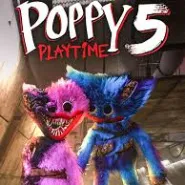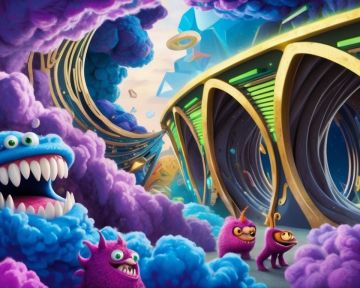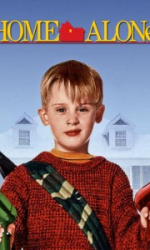
Home Alone
Rediscovering the Magic of Misadventure and Mischief "Home Alone," the beloved holiday classic, first resonated with audiences in 1990, introducing a blend of comedy, adventure,...
Trending Games
- Author: Chris Columbus
- Director: Chris Columbus
- Content rating: 12+
- Release date: 1990
- Text: Home Alone
- Languages: English
- Distributed by: 20th Century Fox
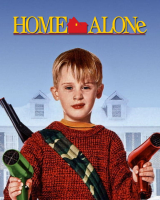
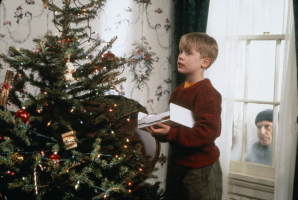
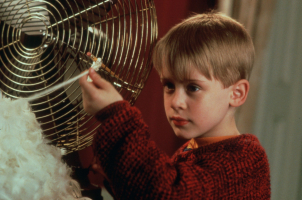
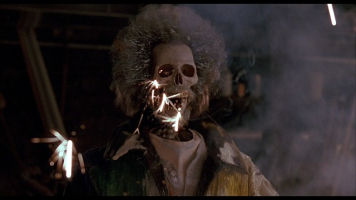
Rediscovering the Magic of Misadventure and Mischief
"Home Alone," the beloved holiday classic, first resonated with audiences in 1990, introducing a blend of comedy, adventure, and a touch of heartfelt family drama. The film, directed by Chris Columbus and penned by John Hughes, follows the story of eight-year-old Kevin McCallister (Macaulay Culkin), whose family accidentally leaves him behind as they jet off to Paris for a Christmas vacation. In their absence, Kevin revels in his newfound freedom before defending his home against a pair of bumbling burglars. It was a box office hit, becoming an iconic film that families return to year after year. In this review, we take a nostalgic trip back to the McCallister residence to analyze the enduring charm of "Home Alone" and pinpoint the elements that leave us embracing this festive tale of resilience and resourcefulness, although flawed.
Unwrapping the Creative Traps and the Stretch of Believability
Despite its status as a holiday favorite, "Home Alone" encounters a few snags in the tinsel regarding storyline believability. The narrative juggles the authentic experiences of childhood angst and the exaggerated, almost cartoonish depiction of home defense. Kevin McCallister played with remarkable confidence by Culkin, encounters scenarios that would likely leave any real child fraught with anxiety, yet he tackles them with cinematic poise.
Critics have often highlighted the uncanny ability of an eight-year-old to concoct and execute an array of ingenious traps with the finesse of a Hollywood special effects team. From swinging paint cans to slick staircases, Kevin's booby-traps leap from the realm of mild child's play into territory fit for a slapstick silver screen showdown. This creative license invites laughter but also draws the film away from its potential to be a more relatable narrative, allowing for fantastical elements to overshadow the simple charm of a boy's accidental independence.
Furthermore, the subplot surrounding the villains, portrayed by Joe Pesci and Daniel Stern, borders on the outlandish, as Kevin's elaborate mechanisms repeatedly foil them. Amidst the film's madcap mayhem, moments of actual vulnerability, such as Kevin's interactions with his neighbor Marley or the poignant efforts of his mother to return home, provide a grounding contrast to the otherwise out-of-this-world affairs taking place within the McCallister homestead.
Conclusion: Embracing the Heart and Humor Behind the Holiday Hijinks
Despite its exaggerated escapades, viewer impressions of "Home Alone" have remained positive. Audiences continue to be charmed by the film's humor, the ingenuity of its young protagonist, and the underlying message about the importance of family during the holiday season. The striking balance between slapstick comedy and heartfelt moments, coupled with John Williams' unforgettable score, elevates the film into more than just a Christmastime distraction—it's become a part of the holiday tradition itself.
"Home Alone" hits a sweet spot for fans by recalling the universal childhood fantasy of independence and adventure while also poking fun at the fears and follies that come with it. Critics may point out the film's weaknesses—such as a reliance on improbable scenarios and a tendency to prioritize physical comedy over deeper storytelling—but many can agree that the movie's strengths outshine these imperfections. With its blend of high-spirited hijinks and a warm narrative core, "Home Alone" secures its place as an imperfect but undeniably enduring pillar of holiday cinema that arguably invites viewers of all ages to indulge in their inner child's naughty side.











